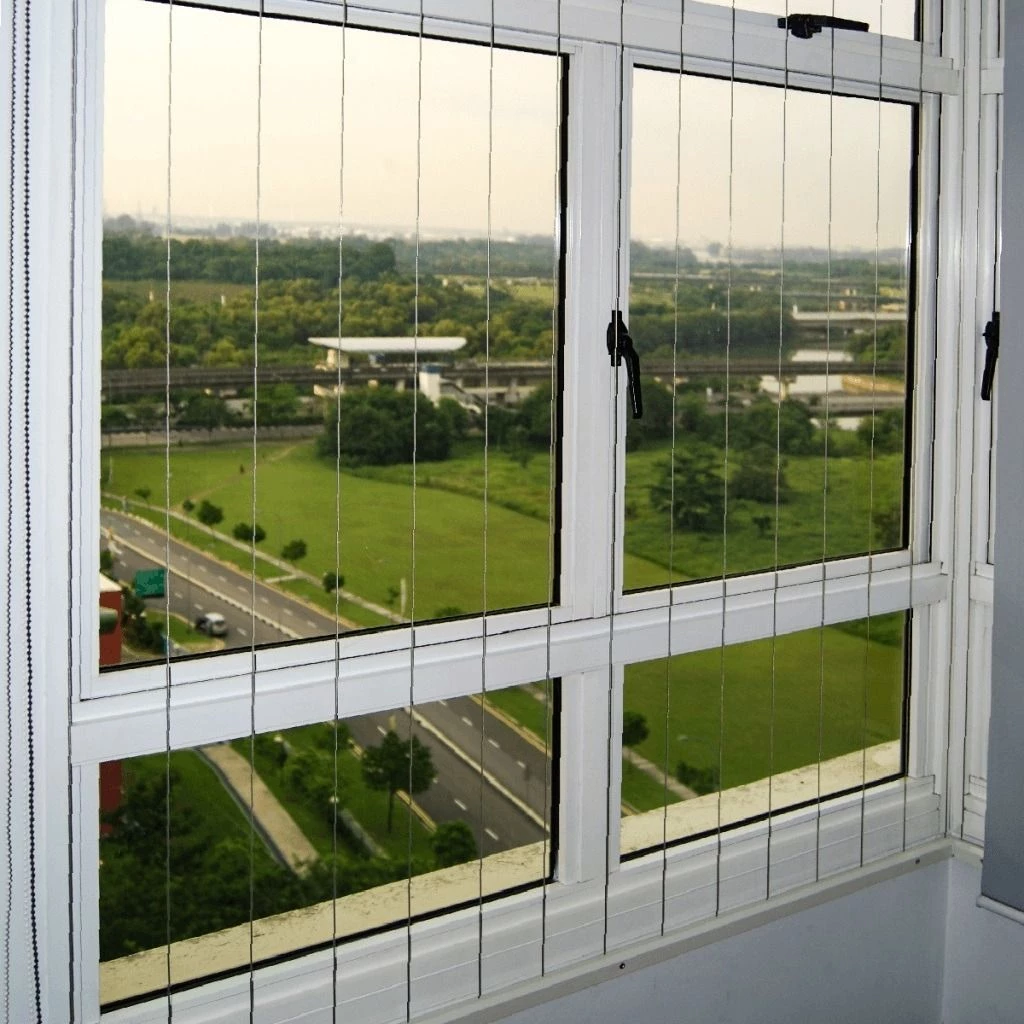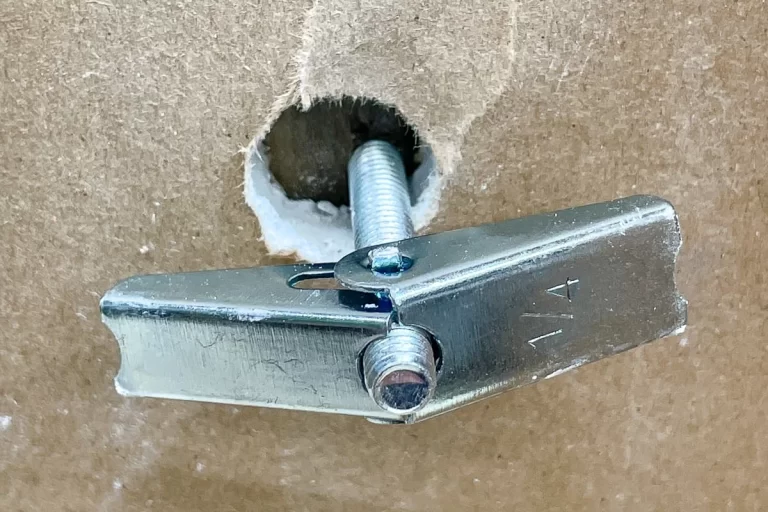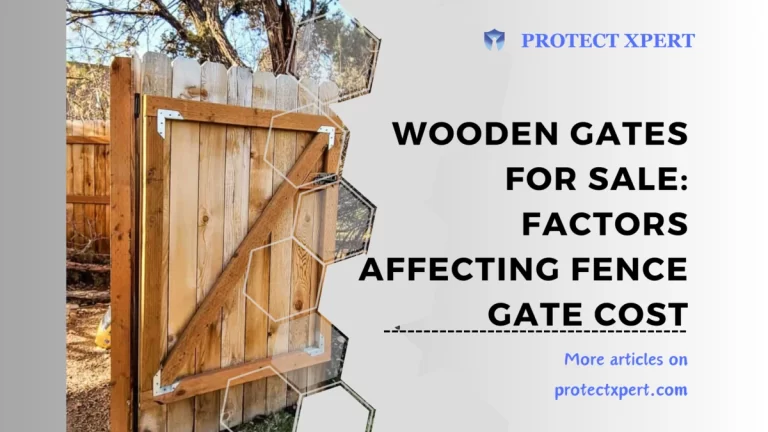Which Material is Best for an Invisible Grill?
Which material is best for an invisible grill? Discover the top 6 materials for invisible grills in this comprehensive guide. Find expert insights about the best materials for your safety and security.

Which Material is Best for an Invisible Grill?
In today’s world, safety and aesthetics go hand in hand when it comes to securing your home or office space. One innovative solution that has gained popularity in recent years is the use of invisible grills.
These grills offer a seamless blend of security and unobstructed views, making them an attractive choice for property owners.
But what materials are best suited for crafting these invisible grills? In this article, we will explore the top six materials that excel in both functionality and aesthetics.
1. Stainless Steel
Stainless steel is a popular choice for crafting invisible grills due to its durability and resistance to corrosion.
These grills are exceptionally sturdy and can withstand harsh weather conditions, making them ideal for outdoor installations. Moreover, their sleek finish adds a touch of modernity to your property while ensuring safety.
Advantages of Stainless Steel Invisible Grills:
- Corrosion-resistant
- Long-lasting
- Low maintenance
2. Tempered Glass
Tempered glass invisible grills provide a crystal-clear view without compromising on safety. The glass panels are heat-treated to increase their strength, making them highly resistant to breakage.
They are an excellent choice for balconies and windows, offering an unobstructed view of the surroundings.
Advantages of Tempered Glass Invisible Grills:
- Unobstructed view
- High strength
- Modern aesthetics
3. Polycarbonate
Polycarbonate invisible grills combine transparency with robustness. They are lightweight, making installation easier, and are shatterproof, ensuring the safety of those in your space.
These grills are often used in childproofing balconies and terraces.
Advantages of Polycarbonate Invisible Grills:
- Lightweight
- Shatterproof
- Child-friendly
4. Nylon-Coated Steel Cables

Nylon-coated steel cables offer a unique solution for invisible grills. These cables are highly flexible and can be installed horizontally or vertically, allowing for creative designs.
They are also resistant to corrosion, ensuring a longer lifespan.
Advantages of Nylon-Coated Steel Cable Invisible Grills:
- Flexibility in design
- Corrosion-resistant
- Enhanced durability
5. Aluminum
Aluminum invisible grills are lightweight yet sturdy. They are ideal for high-rise buildings and offer excellent resistance to rust and corrosion. Their minimalist design complements modern architecture.
Advantages of Aluminum Invisible Grills:
- Lightweight
- Rust-resistant
- Modern design
6. Carbon Fiber
Carbon fiber invisible grills are known for their exceptional strength-to-weight ratio. While they are relatively new to the market, they are gaining popularity for their robustness and sleek appearance.
Carbon fiber grills are often used in luxury homes and upscale commercial spaces.
Advantages of Carbon Fiber Invisible Grills:
- Lightweight yet strong
- Modern and luxurious
- Long-lasting
Conclusion
In conclusion, the choice of material for your invisible grill depends on your specific needs and preferences. Whether you prioritize durability, aesthetics, or both, there’s a material that fits the bill.
So, when considering an invisible grill for your property, take the time to explore these six materials and make an informed decision.
READ ALSO!!!





